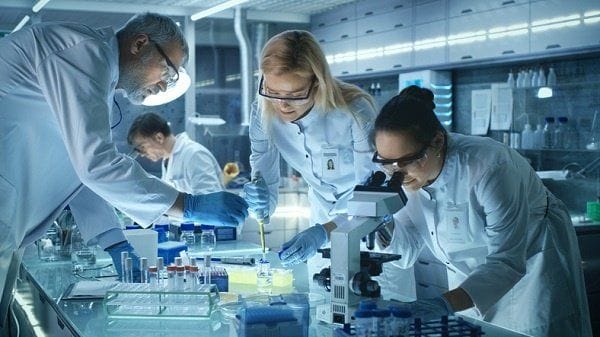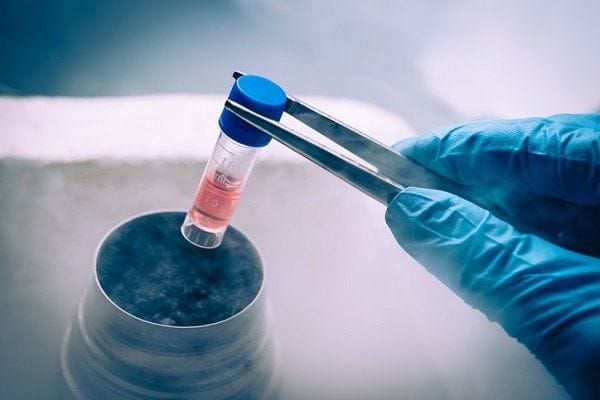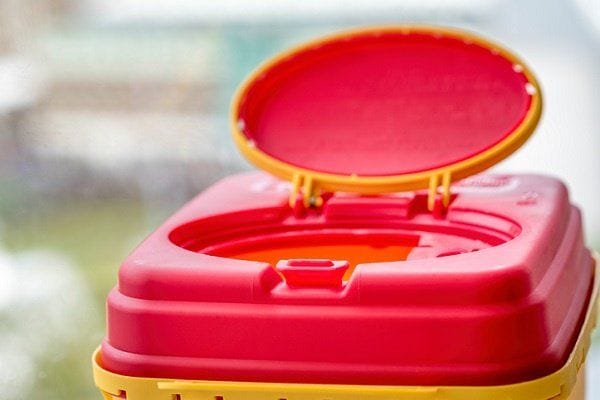
Keeping a laboratory clean and hazard free is an important part of a medical lab technician’s daily duties. By ensuring that medical laboratories are clean, uncluttered, and thoroughly sanitized, medical lab technicians can help prevent the spread of infections, as well as the cross contamination of various experiments and specimens.
For graduates starting their careers as medical lab technicians, knowing the best ways to keep laboratories neat and hygienic is crucial. Keep reading if you would like to learn more about the various methods for cleaning and maintaining a medical lab.
Medical Lab Technicians Should Start by Ordering Their Workspaces and Removing Hazards
Before and after their work, medical lab technicians need to organize any workstations they are using, and remove any instruments and equipment that could be a danger to other healthcare professionals. Lab technicians should also check to make sure that all medical samples and specimens are collected from workstations, sealed and then correctly stored.
 Lab specimens need to be stored safely
Lab specimens need to be stored safely
Medical lab technicians can maintain workstations by keeping them free of clutter, giving healthcare professionals adequate space to move about the laboratory. Sometimes, just pushing in a chair or moving supplies away from certain lab equipment could help prevent accidents like fires and breaks. Lab technicians should be diligent when clearing workspaces, keeping flammable substances and materials away from burners, and moving chemicals far from the edges of tables where they might be knocked over.
Follow Up by Cleaning Up Spills and Sanitizing Work Surfaces in the Lab
Medical lab technicians are likely to clean up a wide range of bacteria, as well as hazardous and non-hazardous chemicals, such as acids and powders. Standard hospital cleaning solutions are recommended in order to remove and kill harmful bacteria, but other types of regular detergents and soaps might be used as well.
However, recent lab technician course graduates should exercise caution when wiping down certain types of lab equipment. For example, it would not be particularly safe to use combustible products on Bunsen burners.
Some labs may also carry a variety of different products that can help to control or contain a chemical spill. For instance, sorbent pads and chemical spill kits are ideal for cleaning up liquid bases and solvents by absorbing them, and may also help medical lab technicians to stop harmful substances from spreading.
Others medical laboratories may also give medical lab technicians access to high powered vacuums equipped with HEPA filters, which are capable of removing from the air at least 99.97% of 0.3 micron particles. Lab technicians can pass these vacuums over floors, workstations, benches, and storage areas for a more in-depth clean.
Medical Lab Technician Program Grads Should Be Mindful of Medical Waste
Medical labs have their fair share of waste that must be disposed of properly to ensure safety of the healthcare team and any lab specimens. There are several different kinds of biomedical waste found in a medical lab, such as needles and infectious material, and some labs will have labeled bins and containers where anything from sharp to biohazard waste can be deposited safely.
 Some labs have specially marked bins for specific types of biomedical wastes
Some labs have specially marked bins for specific types of biomedical wastes
Medical lab technicians should search the laboratory for any used and empty syringes, cultures, and razors. Lab technicians should also make sure that any protective medical gear and equipment that has made contact with harmful waste is properly disposed of, or cleaned.
These are only a few of the lab cleaning and maintenance tips that future graduates can use when starting their careers as medical lab technicians. An excellent medical lab technician course, like the one offered at Oxford College, could give you even greater knowledge of how to work in a lab safely and efficiently.
Are you ready to start your career as a medical lab technician?
Enroll in a medical lab technician program at Oxford College today!






